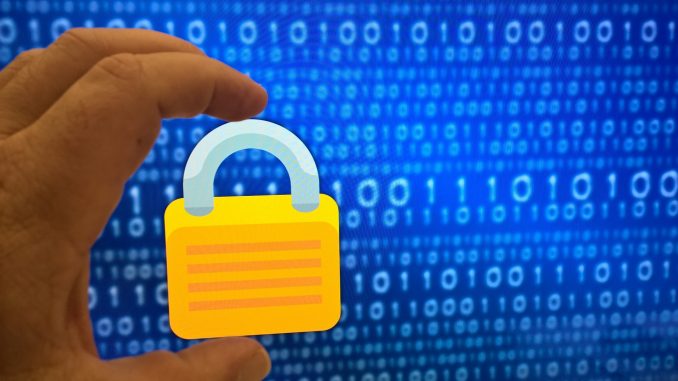
In the digital age, the risk of hacking and data breaches has never been higher. A recent breach put the data of 37 million T-Mobile users at risk. And, in other recent breaches, 1.2 million GoDaddy customers had their details compromised and 700 million LinkedIn users were recently informed that their accounts had been put at risk by a hacking attempt.
These cases are just the tip of the iceberg, which is why it’s more important than ever to make sure your passwords are strong and secure. With the constant threat of hacking, here are some simple steps you can take to protect your sensitive data and personal information online.
1 – Use a password manager
Remembering lots of complicated passwords can be difficult, which is why it can be helpful to start using a password manager. Password managers generate strong passwords for your online accounts which makes it much harder for hackers to access your information.
2 – Avoid common combinations
Common combinations like ‘1234’ or ‘abcd’ can easily be figured out by hackers. Instead, make sure your password is as unique as possible so it’s harder to guess.
3 – Don’t use any personal information
If someone has already accessed some of your personal information, they could use this to access your account if it’s in your password. Although memorable dates, pet names, family member names, and other details are commonly used for passwords, it’s best to avoid them.
4 – Enable two-factor authentication
Another way to protect your online accounts is to use two-factor authentication (2FA) whenever possible, as it adds an extra layer of protection to your accounts by asking for a second type of verification. This could be a code sent to your phone, fingerprint, or something else.
5 – Don’t use the same password for multiple accounts
Lastly, you should avoid using the same password for multiple accounts. If one account is compromised, it could put the others at risk, too. We also advise changing your passwords regularly to something that would be hard to guess.


Leave a Reply